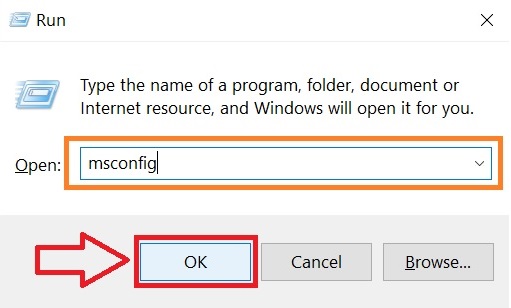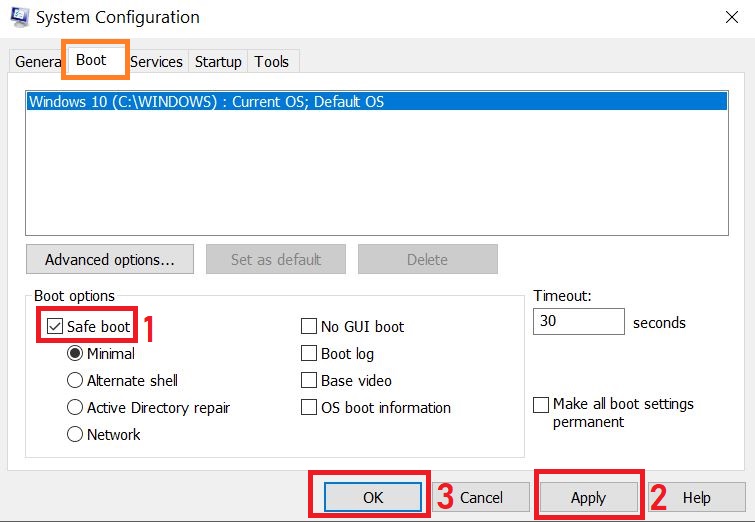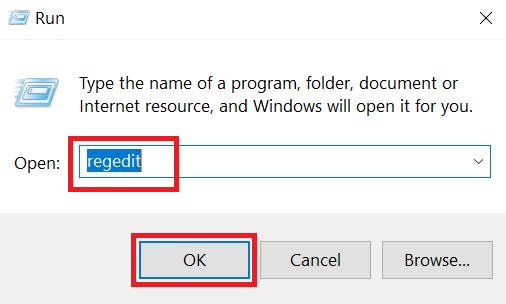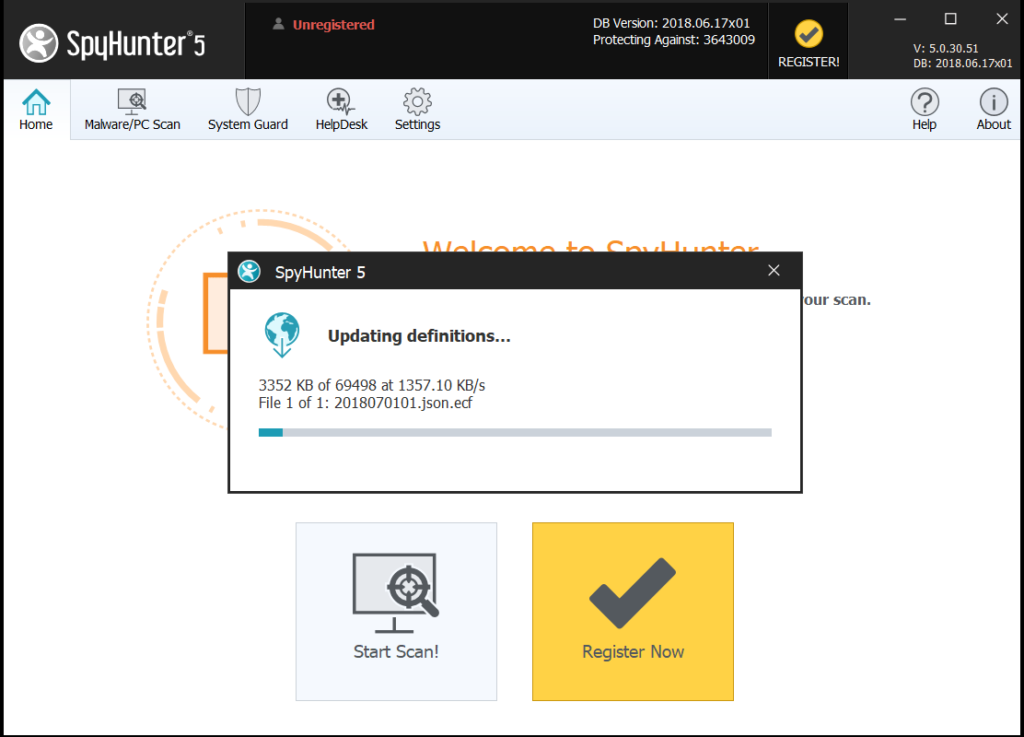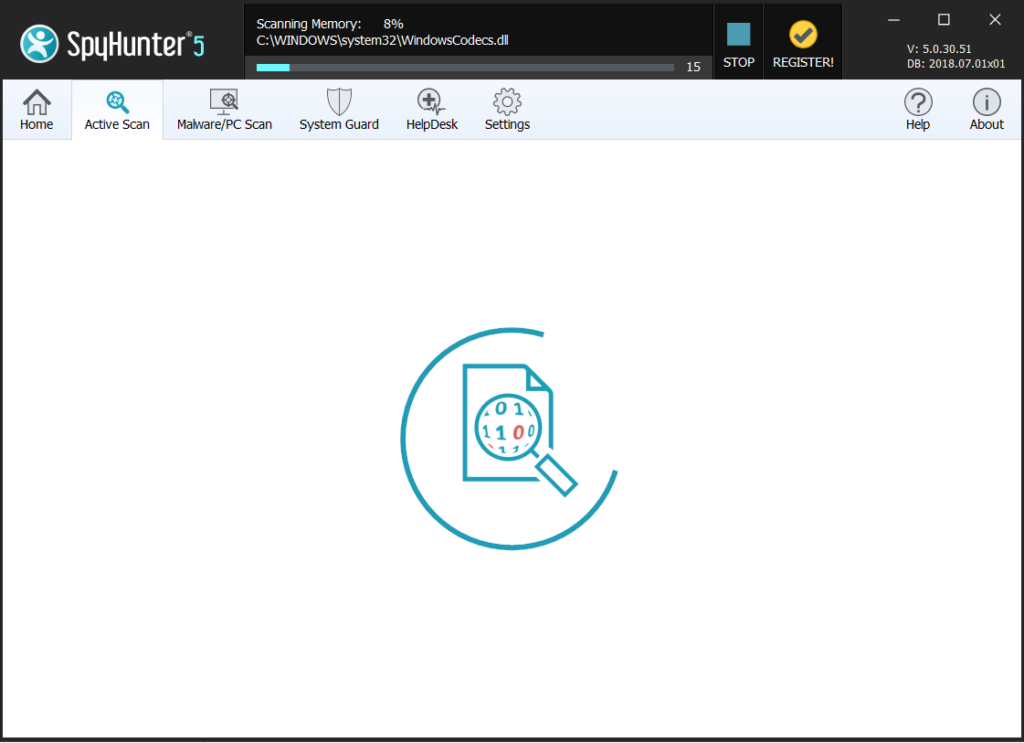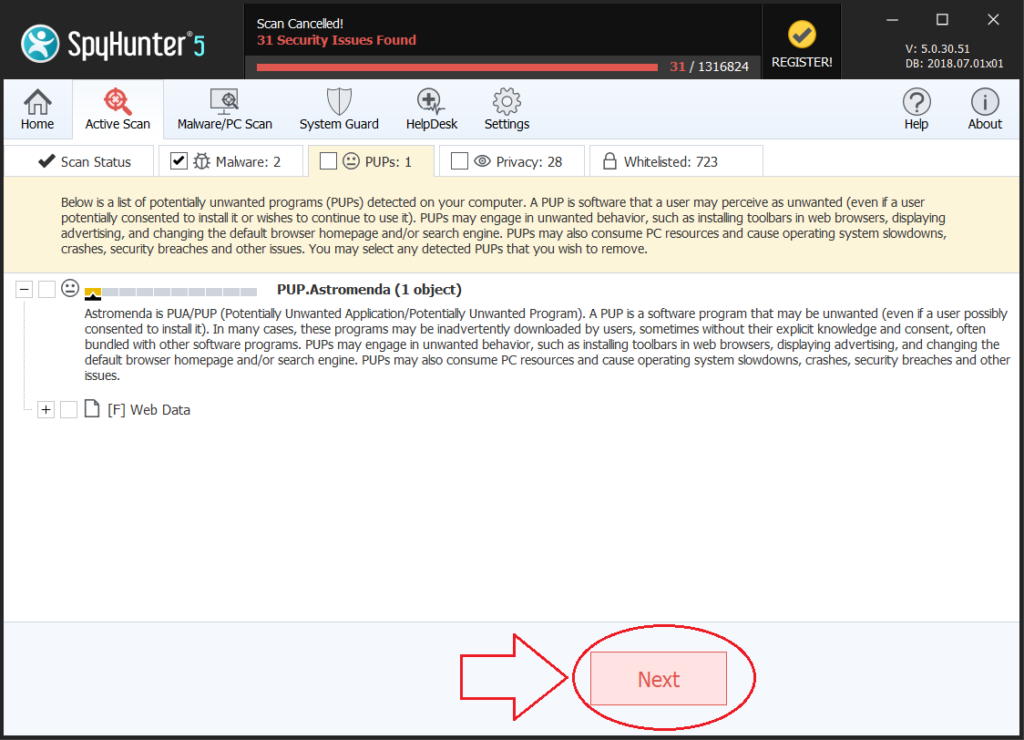What is Jypo? How does Jypo work? How to try and restore files, encrypted by Jypo ransomware?
Jypo is advanced malware that locks the majority of files located on the computers of the victims. It then keeps them hostage until the person pays a hefty ransom. For this reason, the experts categorize this cyber threat as ransomware. The course of action of this ransomware is the same as its ultimate goal is to extort money from the victim. The minor differences concern the name of the payload of the threat, as well as the encryption algorithms. Jypo may cause serious damage to the whole Operating System (OS), including sensitive areas like the Windows registries. If the encryption operation is performed successfully, you may eventually lose access to all of the data on your PC. It may be difficult to unlock your files because the applied ciphers are strong. Paying the ransom is not a recommended solution because nothing can guarantee that the hackers will release the decryption key. The best way to oppose Jypo is to remove it and then prevent its access to your PC before it causes damage in the future. Read this article to learn how you can delete the virus files of Jypo and try to restore encoded data by it.| Threat Name | Jypo |
| Category | Ransomware/Cryptovirus. |
| Main Activity | Infects the computer after which encrypts important documents and holds them hostage until a ransom is paid. |
| Signs of Presence | Files are encrypted with a custom file extension and users are extorted to pay ransom to get the data to work again.. |
| Spread | Via malicious e-mail spam and set of infection tools. |
| Detection+Removal | DOWNLOAD REMOVAL TOOL FOR Jypo
Note!For Mac users, please use the following instructions. |
What Will Be the Consequences After Jypo Ransomware Enters?
Jypo relies on drive-by downloads to enter without the knowledge of the PC user. There are two ways for this ransomware to enter. First, the person may authorize the installation without knowing that he is about to load a virus. Second, Jypo may become active after the person clicks on some corrupt link or email attachment when he doesn’t expect to download any software at all. If you don’t want to risk letting advanced ransomware like Jypo enter, you should never download programs from randomly appearing sites. You should perform this task solely from the legitimate official platforms, where it is guaranteed that you will not download any harmful application. You should also be very careful when you receive email attachments from people you don’t know. The hackers may deploy various complex Trojans via spam email campaigns, because this way they reach thousands of people quickly and cheaply. It is also advisable to be vigilant when you connect external devices to your machine. If you attach a USB infected with Jypo, it may quickly spread to the computer without asking you for permission. Jypo performs a complex encryption process via advanced ciphers, which makes all personal files inaccessible. However, this operation takes time. If you click on a corrupt email attachment or download fake software updates, which contain Jypo, you may not experience any issues during the first few hours. Once the Jypo ransomware modifies the structure of your data, you will notice a lockdown message on your desktop. From this moment on, it will not be possible to open the locked files. If you lack a recent backup, you may lose crucial documents, photos, images, presentations, videos or other information. The only files that Jypomay spare will likely be associated with essential Windows processes. If they get modified as well, your whole PC may fail to launch, which means the hackers will never receive any payments. You can easily find out which files are encrypted by Jypo by their extension. The ransomware changes the default one to its own one. In addition to it, you will also notice an email address, which will be unique and anonymous. The hackers want you to contact them this way and pay the ransom, which is in Bitcoins.What to Do If You Notice the Ransom Note of Jypo?
When you encounter the lockdown message, it means that your PC has already been encrypted. Even if you feel like you have no other choice but to pay, you should not do it. First and most important, even if you send the hackers your money, they may not unlock your PC. And since the Bitcoin system doesn’t allow refunds, you will not be able to get your money back. Second, your cash will increase the motivation of the hackers to develop more cyber threats like Jyporansomware.
There are a few ways that may help you recover the lost data for free. Although this ransomware sometimes deletes the shadow volume copies(Windows Backups), you should still attempt to restore your PC to a date prior the infection. You should also try some free decryptors, but there is no guarantee that they will be efficient. The most important step is to eliminate Jypoas soon as possible or else it may spread to other machines and cause more damage. It will be a challenge even for the experts to delete all traces of this ransomware manually, so you should consider using a dedicated anti-malware application.
How Can You Keep Jypo Ransomware Away from Your Device?
When it comes to advanced forms of cryptomalware like Jypo, it is always better to take the necessary precautionary measures rather than to try to fix your PC afterwards. The main problem regarding these parasites is that the removal of the virus may not fix the damage. Even if there are no traces of Jypo left, your valuable personal data may remain unreadable. Fortunately, if you are careful during your surfing sessions, you should be able to protect yourself from various cyber threats efficiently. It is worth mentioning that the developers of dangerous malware like Jypo are becoming more and more ingenious, so the ultimate protection is to have an advanced anti-malware solution.
Use the steps below to remove Jypo from your computer and try and recover your files.
Preparation before removal of Jypo:
1.Make sure to backup your files.
2.Make sure to have this instructions page always open so that you can follow the steps.
3.Be patient as the removal may take some time.
Step 1: Reboot your computer in Safe Mode:
Step 2: Cut out Jypo in Task Manager

Step 3: Eliminate Jypo‘s Malicious Registries.
For most Windows variants:

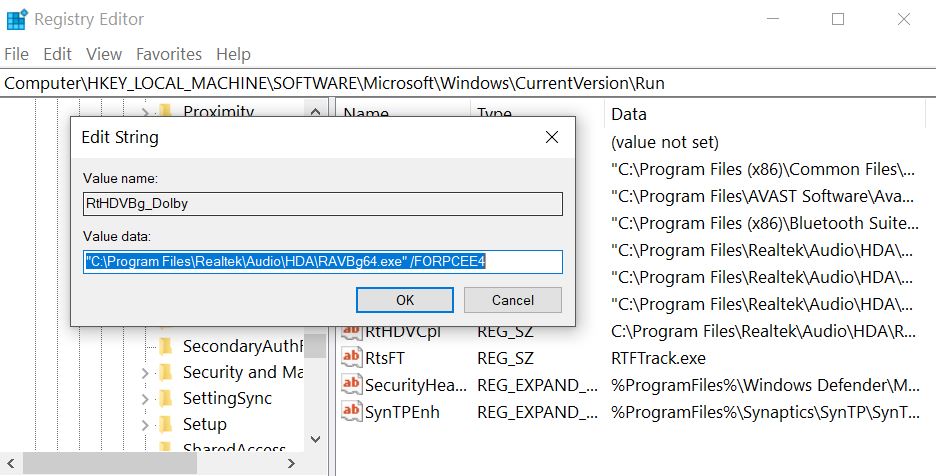
Step 4: Scan for and remove all virus files, related to Jypo and secure your system.
If you are in Safe Mode, boot back into normal mode and follow the steps below
It is advisable to run a free scan before committing to the full version. You should make sure that the malware is detected by SpyHunter first.
Step 5:Recover files encrypted by the Jypo Ransomware.
Method 1: Using Shadow Explorer. In case you have enabled File history on your Windows Machine one thing you can do is to use Shadow Explorer to get your files back. Unfortunately some ransomware viruses may delete those shadow volume copies with an administrative command to prevent you from doing just that.
Method 2: If you try to decrypt your files using third-party decryption tools. There are many antivirus providers who have decrypted multiple ransomware viruses the last couple of years and posted decryptors for them. Chances are if your ransomware virus uses the same encryption code used by a decryptable virus, you may get the files back. However, this is also not a guarantee, so you might want to try this method with copies of the original encrypted files, because if a third-party program tampers with their encrypted structure, they may be damaged permanently. Most of the currently available decryptors for ransomware viruses can be seen if you visit the NoMoreRansom project – a project that is the result of combined efforts of researchers worldwide to create decryption software for all ransomware viruses. Simply go there by clicking on the following LINK and find your ransomware version decrypter and try it, but always remember to do a BACKUP first.
Method 3: Using Data Recovery tools. This method is suggested by multiple experts in the field. It can be used to scan your hard drive’s sectors and hence scramble the encrypted files anew as if they were deleted. Most ransomware viruses usually delete a file and create an encrypted copy to prevent such programs for restoring the files, but not all are this sophisticated. So you may have a chance of restoring some of your files with this method. Here are several data recovery programs which you can try and restore at least some of your files:


